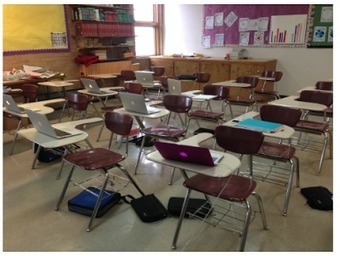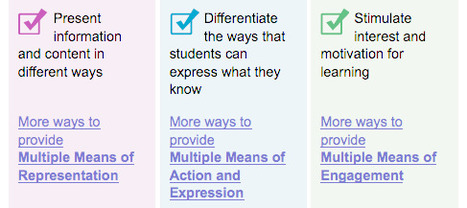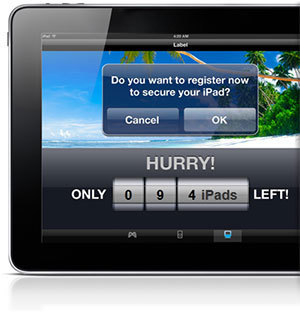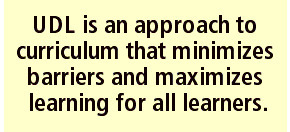Bill McGrath from Montgomery County Public Schools, MD, shares why UDL is important for all learners.
Research and publish the best content.
Get Started for FREE
Sign up with Facebook Sign up with X
I don't have a Facebook or a X account
Already have an account: Login
The pedagogical framework to designing learning environments to teach and to support ALL learners!
Curated by
Kathleen McClaskey
 Your new post is loading... Your new post is loading...
 Your new post is loading... Your new post is loading...
|
|



















- Learners who can navigate flexible learning opportunities with great skill.
- Learners who do not just navigate but are active partners and innovators in the design of future learning.
UDL tells us how to do this so it can work for each and every learner.Some tips to convert our experience of learning. To learn and to teach.